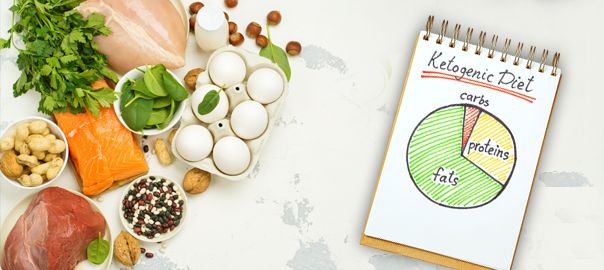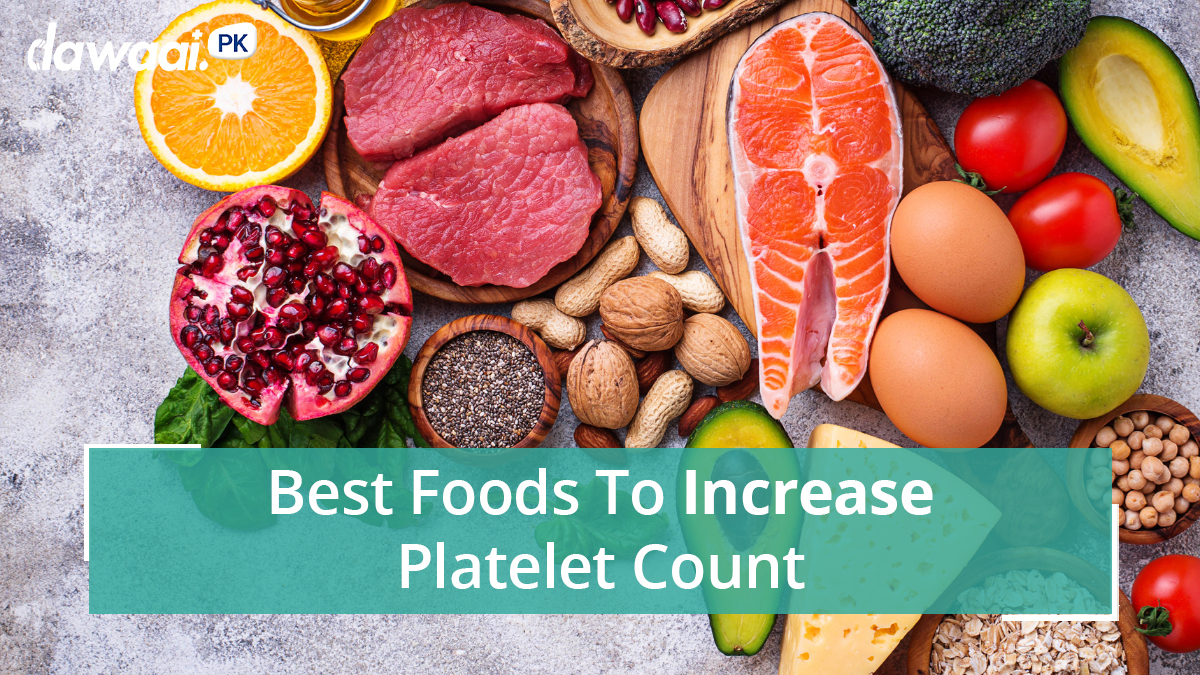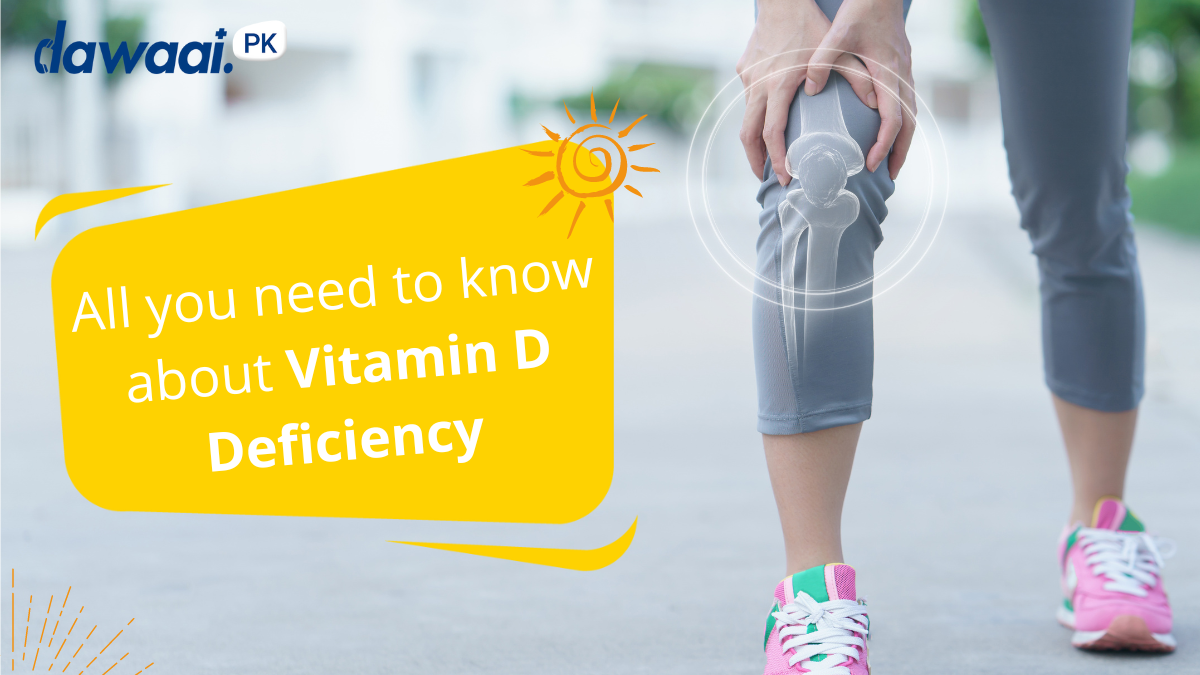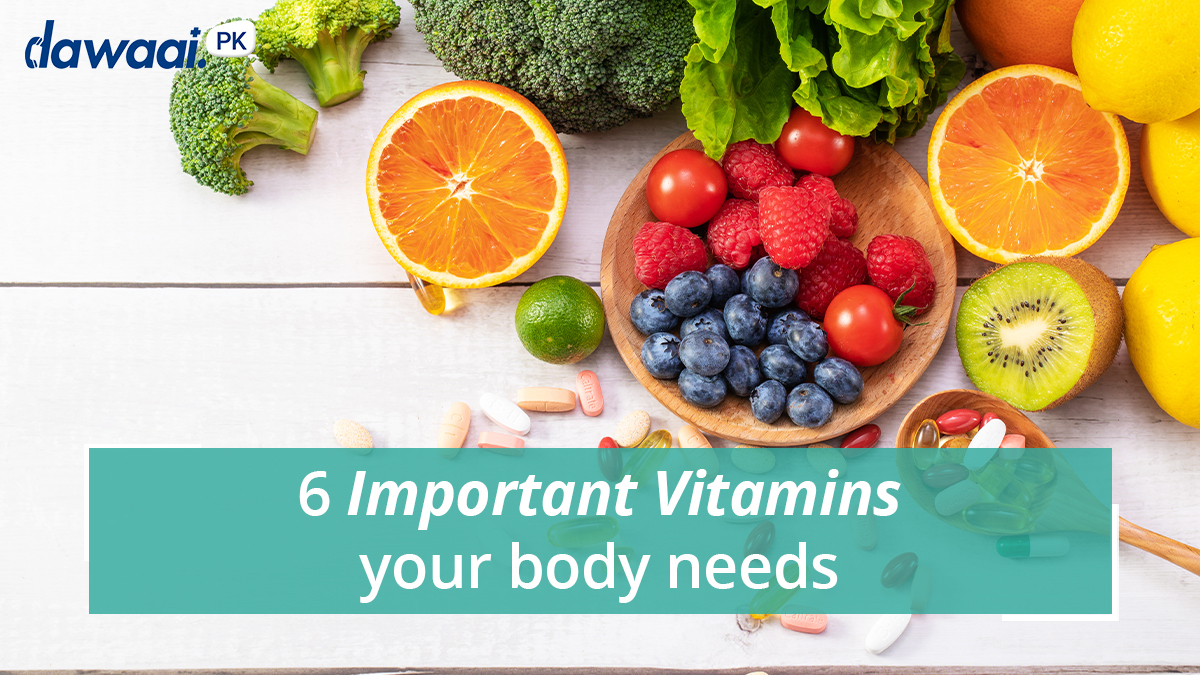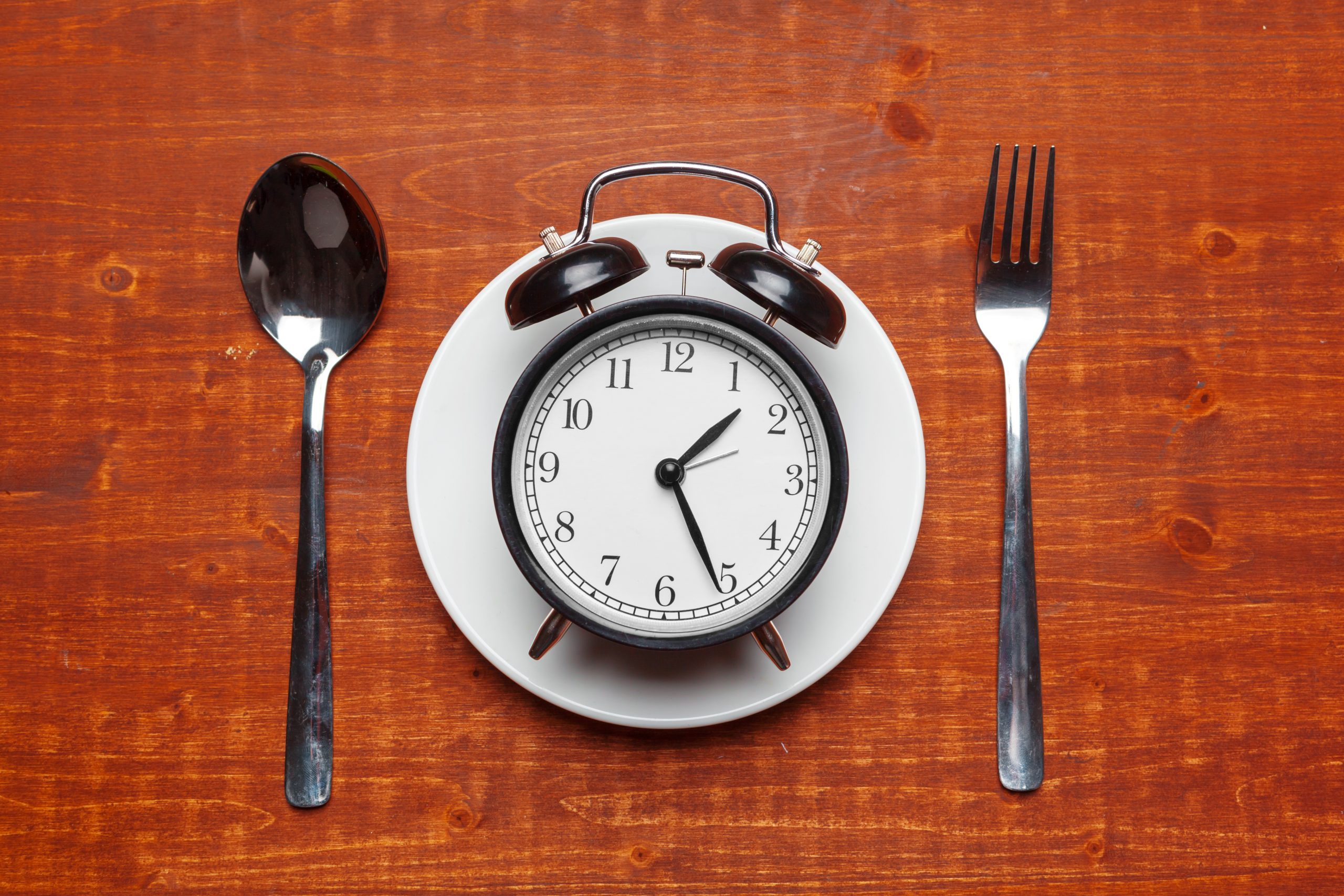Medically reviewed by Dr. Unsa Mohsin.
Ketogenic diet is the recent, most hyped buzz word in the weight losing mantras. Hitting one of the top searches on Google in the past few months, it has captured the interest of people who want to lose weight quickly yet effectively.
To call it a diet would be an understatement. It’s a life style instead – calling for very low carbs, moderate protein and a high fat intake. The premise of this ‘diet’ is to change the way our body metabolizes nutrients. After following the diet for a couple of days, your body undergoes‘ketoses’, a metabolic state in which your body starts using fats for energy instead of sugars and carbohydrates.
Is keto diet right for you?
Keto has a massive fan base because of its promising results. In a very short time, it’s success stories have taken over the internet. Losing significant number of pounds, without having to hit the gym is a catch for most people. To top it all, many researches rave about its ever increasing health benefits. Ketogenic diet has also proven to have a potential role in disease prevention and treatment such as heart diseases, liver diseases and Type 2 diabetes mellitus.
The diet has received mixed reviews. Whilst most dietitians and nutritionists have been all praises for this oh – so fad diet, a certain proportion of people have opinions otherwise. The popular argument against the diet is that it lacks the proper balance of macro-nutrients; carbohydrate, fats and proteins. Also, the diet doesn’t seem to be sustainable in the long run. The minute you relapse back to your usual life style, be ready to gain it back all again but isn’t this the fate of all kinds of fad diets? Major concerns are however are over the consumption of saturated fats which puts you at a risk for heart diseases.
An insider’s guide to going keto
If you’re somebody who wants to follow the diet, be sure to do proper research before jumping on the bandwagon. Keep your macro-calculators ready! To make this diet a hit for you, it’s important that you keep a check on the percentage of macro-nutrients you’re consuming with each meal.
Because the keto-diet has such a high-fat requirement, followers must eat fat in each meal. In a 2,000 daily calorie- diet, you should consume about 165 g of fat, 40 g of carbs and 75 g of proteins. It is essential to stay hydrated whilst keto-ing. It is advised to drink atleast 2 litres of water everyday.
You should also try these keto-friendly swaps to hit your target goal:
- Sugar – stevia, erythritol
- Latte – keto coffee
- Milk – unsweetened almond milk
- French fries – Zucchini fries
- Rice- Cauliflower fries
Ketogenic diet can be an interesting alternative to accelerate weight loss. Its long term effects, however, are not well known because this diet is hard to stick to. Instead of engaging in the next popular diet that would last for a few weeks to months, we should keep an eye on what we consume. Once we control the kind of food we fuel our bodies with, the weight loss and health will follow. Your body will pay you back. Therefore, we would ask you ‘wisely choose’ the health regime you follow.
Guest Post Credits: Dr. Tooba Irfan
